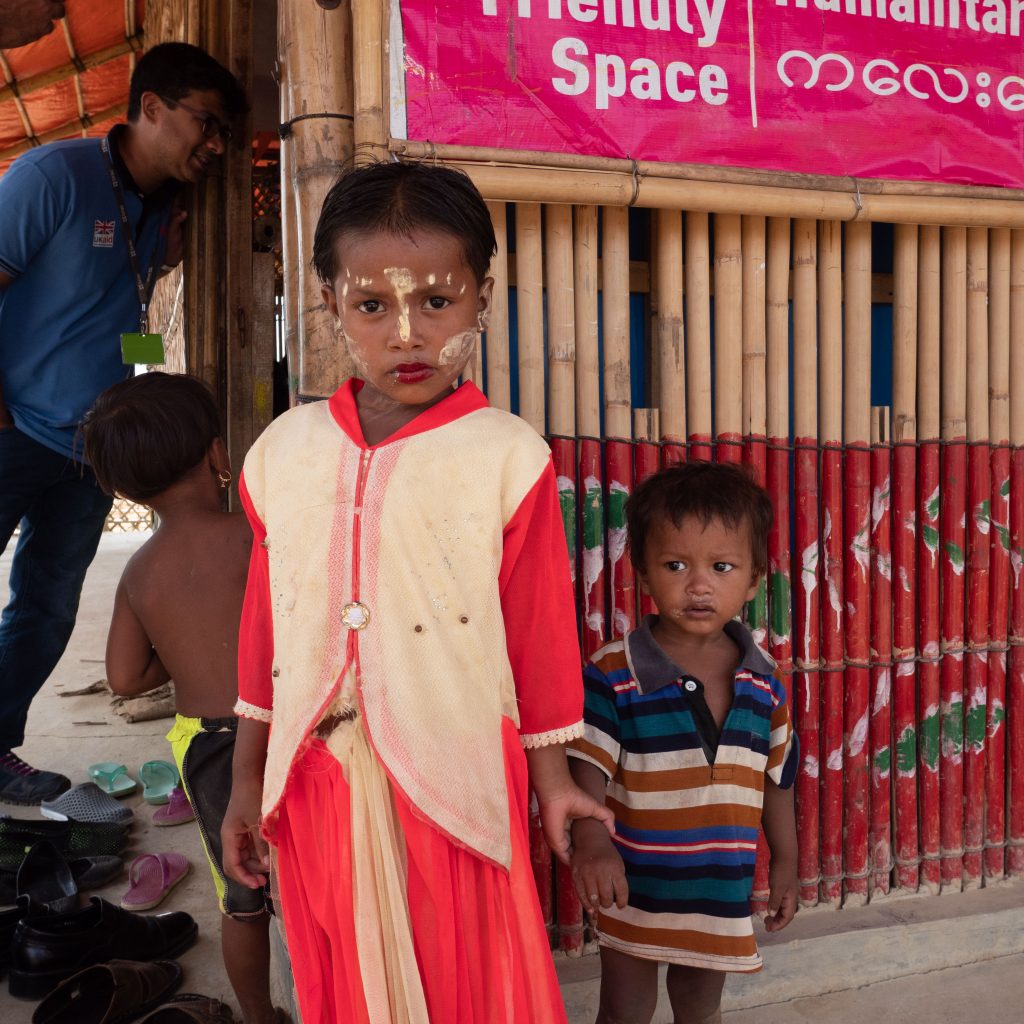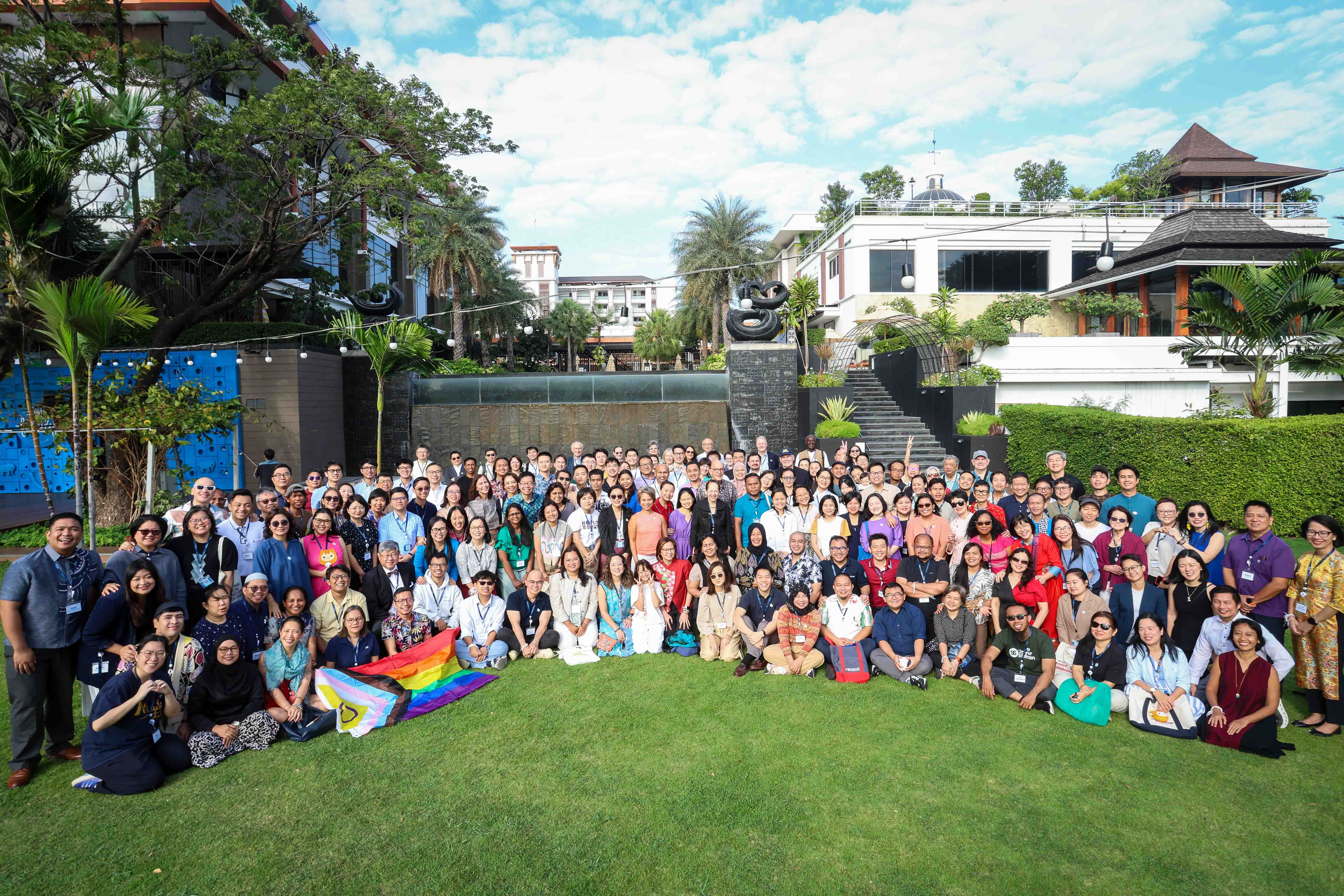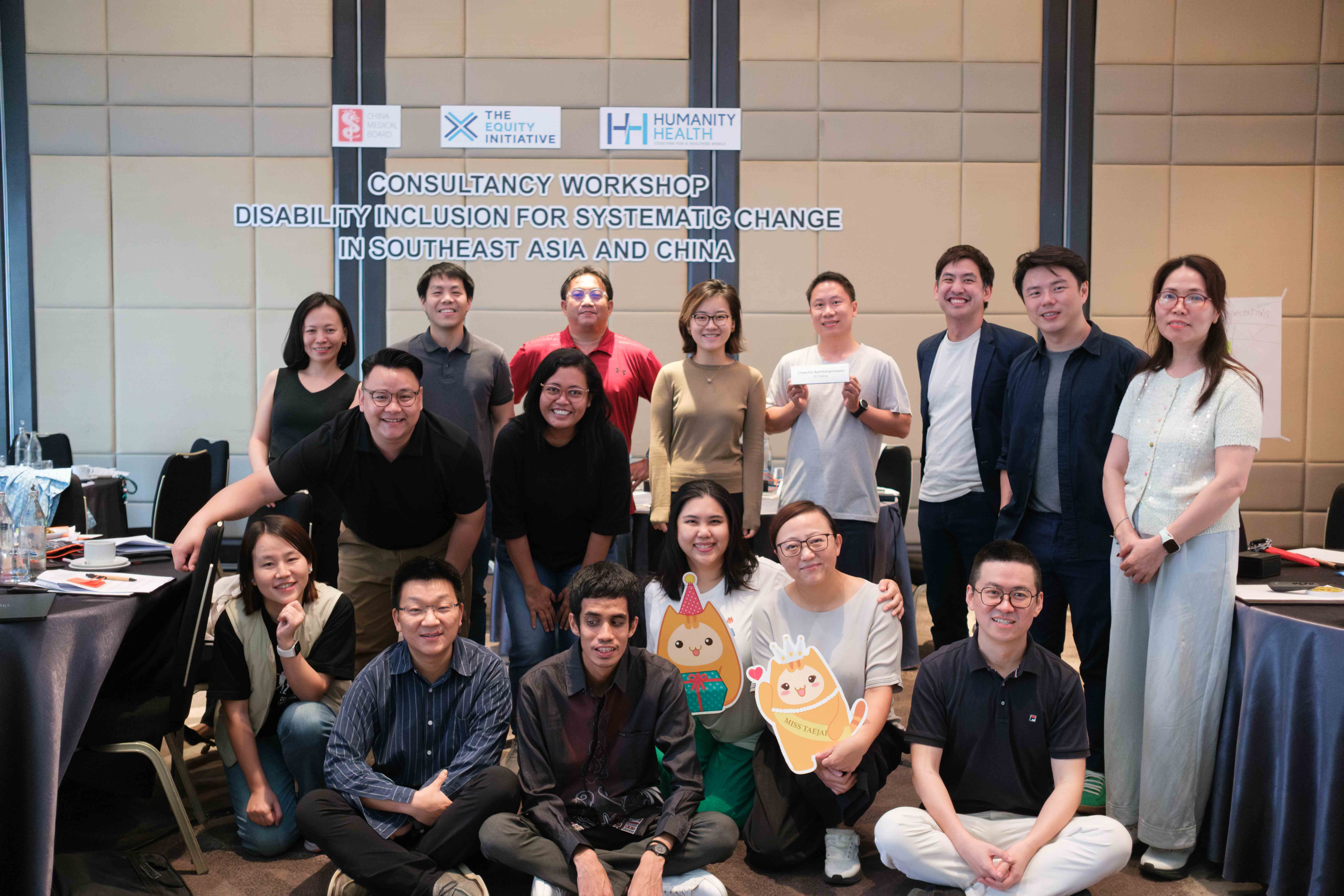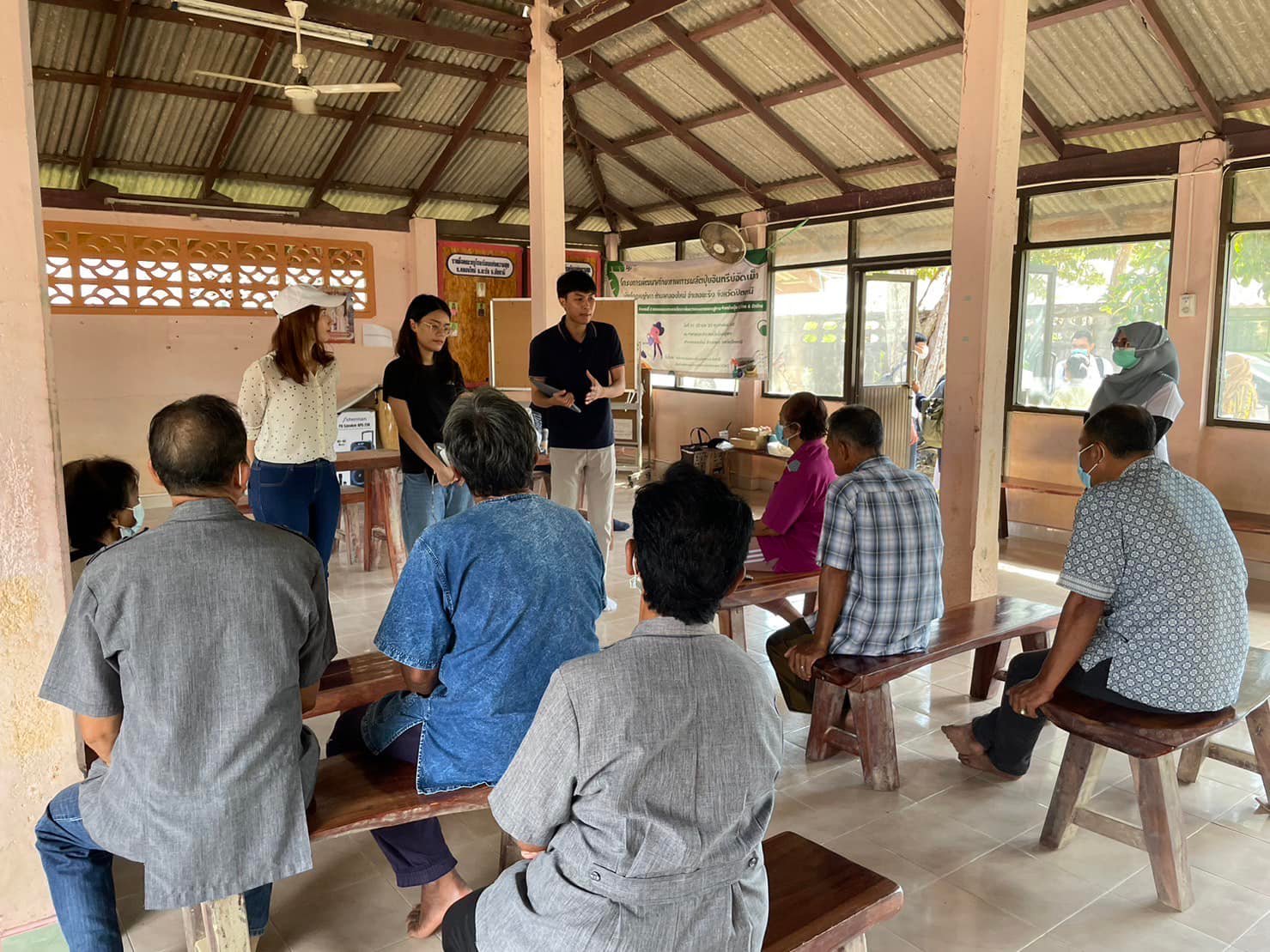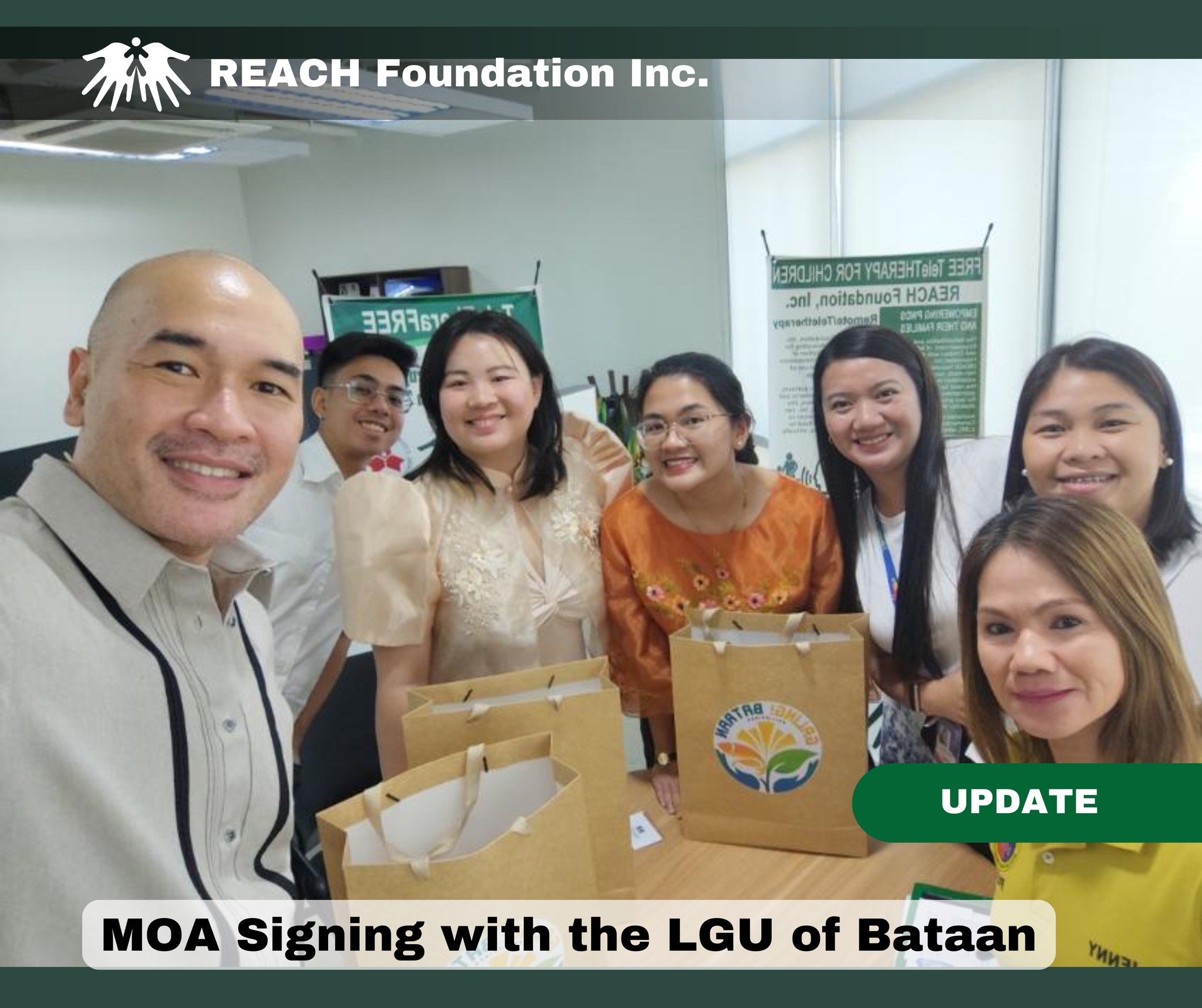2019 Asia Trek: Linking Equity to Poverty Alleviation, Social Empowerment, and Refugee Relief
The Asia Trek module introduces Fellows to political, social, and economic contexts in an Asian country, giving them a comparative perspective of impediments to health equity and of avenues available for innovation and progress. Asia Trek 2019 (August 31 to September 7) brought Fellows to Bangladesh, a country where 24.3% of the population lives in poverty and where an influx of Rohingya refugees is placing additional burdens on resources and capacity for social services. A wide range of stakeholders introduced Fellows to Bangladesh’s history and culture, and explained how the country can be both a source of inspiration and a challenge for policymakers and development practitioners.
The work of BRAC, a nongovernmental organization founded in Bangladesh and now active in 11 Asian and African countries, gave Fellows a framework through which to explore issues related to poverty alleviation and social empowerment. BRAC’s approach to health equity in Bangladesh resonated with the Fellows: improving health equity cannot occur without significant development in education, economic, social, and other sectors. Fellows learned about BRAC programs that deliver basic healthcare services in rural and urban areas, build on frontline community health workers, and support social enterprises. Breaking into small groups for field visits, Fellows got up-close views of BRAC projects in Dhaka and Manikganj that link social enterprises to health and employ community-based models to improve the health of urban poor.
Visits to Rohingya camps in Cox’s Bazar left deep impressions on Fellows as they saw first-hand, the complexities of the Rohingya refugee situation. Bangladesh has accommodated Rohingyas fleeing Myanmar by keeping its borders open and providing temporary shelter with the help of the international community. Yet statelessness have left the Rohingyas in a state of uncertainty, and kept them from the enjoyment of fundamental freedoms. In response, IGOs and NGOs such as BRAC are implementing a rights-based approach to their efforts in Cox’s Bazar, through such means as using community health workers to provide services such as women-friendly spaces and daycare services.
Fellows wrapped up their week with a series of reflections and further development of concepts for their second-year group projects, as well as an overview of the Project Accelerator, the next learning module in their program year.
